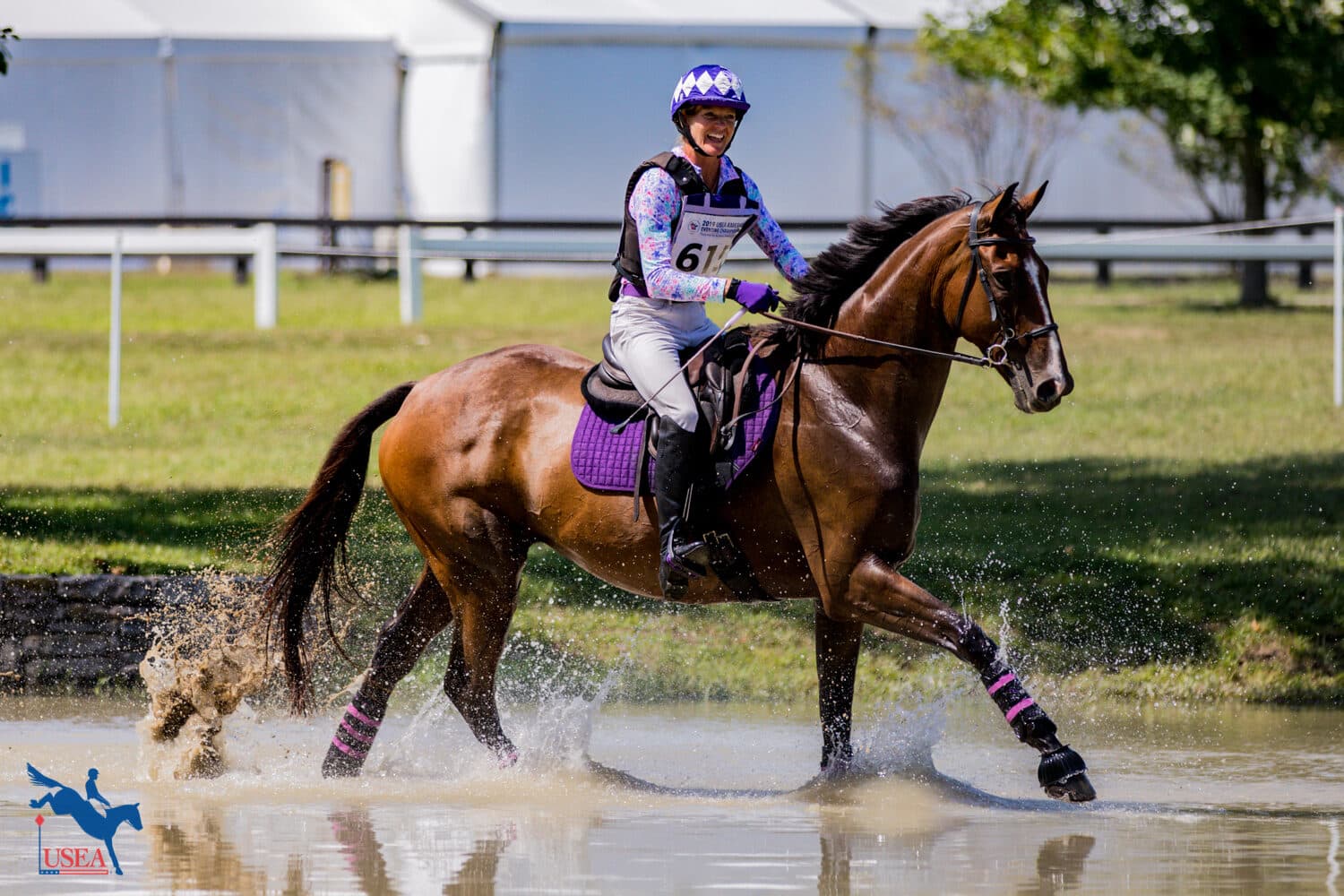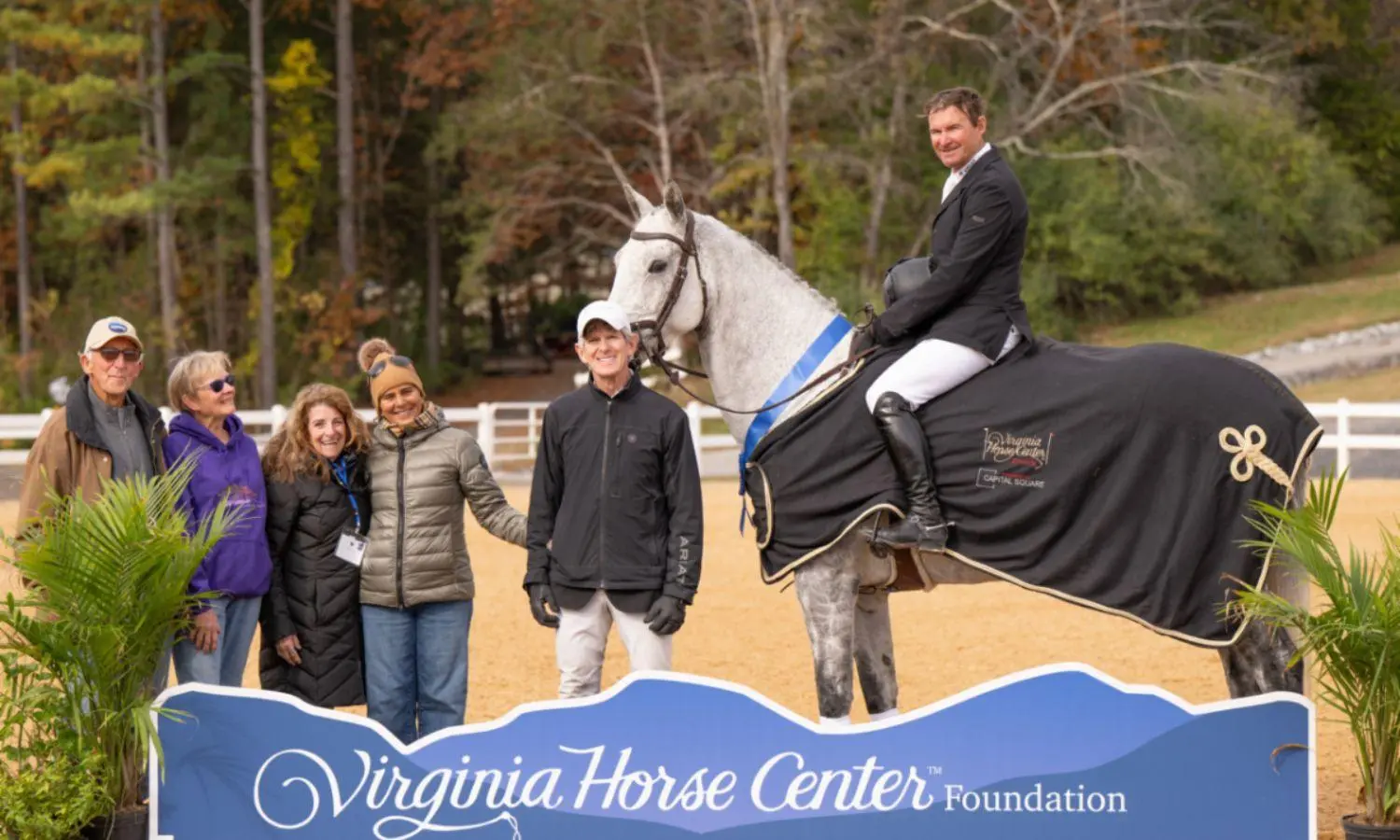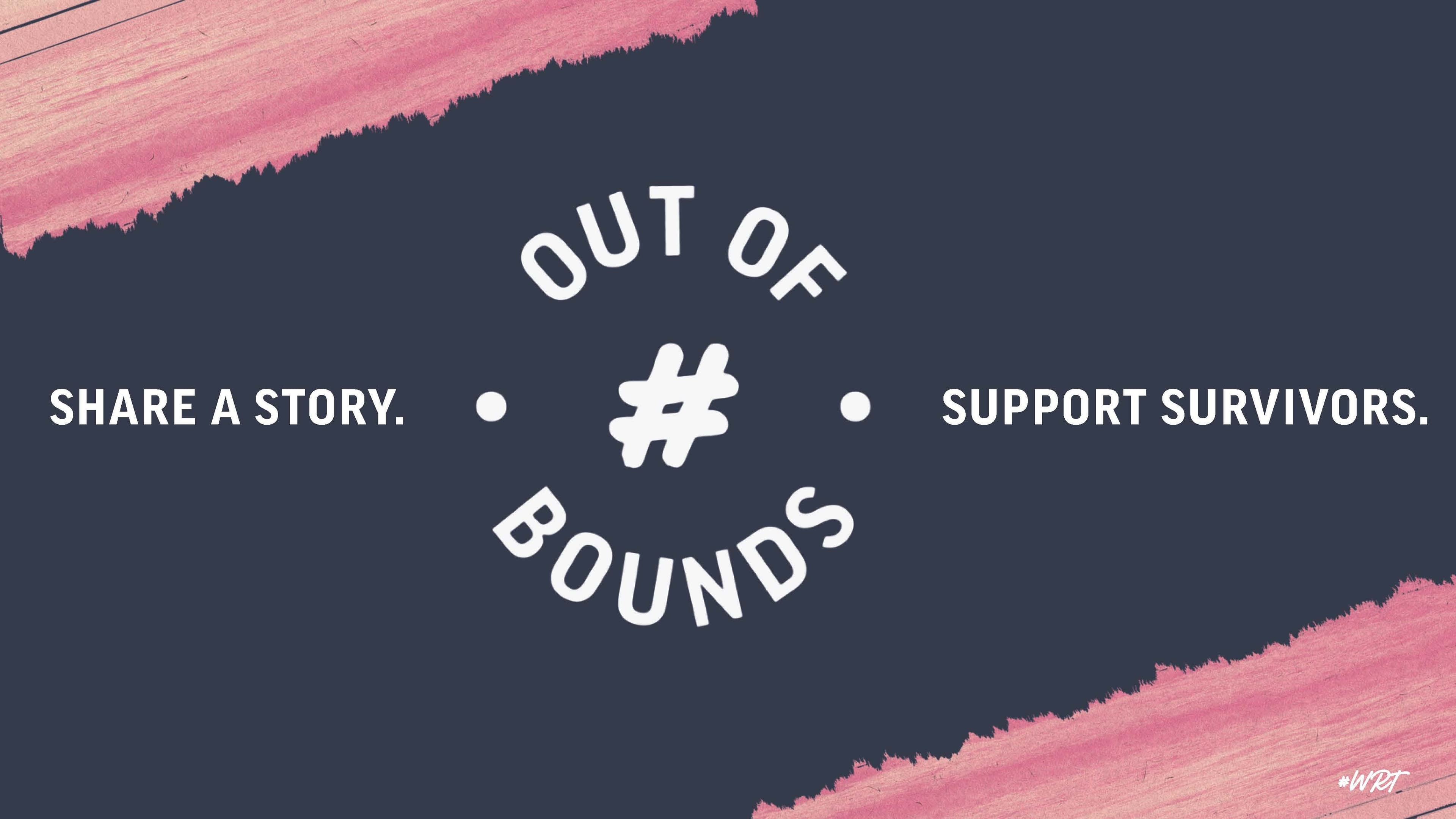Daniel Stewart's Tip of the Month: Ego Defenses

A few months ago we began discussing the difference between defense mechanisms and coping mechanisms. Often confused as the same thing, they couldn’t be more different.
Defenses mechanisms get you into trouble because they make you believe you can hide or avoid disappointing thoughts, actions, or outcomes. Coping mechanisms get you out of trouble because they help you accept, own, and resolve the thoughts, actions, or outcomes. Defense mechanisms might make you feel like the disappointment is gone, but it’s certainly not forgotten! It’s still deep down inside, simmering under the surface where it’ll continue to burden you. Coping mechanisms, on the other hand, help you eliminate the disappointment altogether so you can rid yourself of the burden. Gone and forgotten!
The past two months we’ve discussed the defense mechanism's denial, displacement, and projection. We’ve also talked about the coping mechanism's sublimation, anticipation, and humility. This month we’ll wrap up this conversation with two more of each. Hopefully becoming mindful of your options will help empower you to make the best coping decisions in the future.
Defense Mechanism: Repression
Disappointing thoughts and outcomes can leave you feeling self-conscious and vulnerable. Repression happens when you try to hide (repress) those feelings instead of facing them (in hopes of feeling better about yourself). An example of repression at a horse show would sound something like, “I don’t know what you’re talking about, I never get nervous riding in front of crowds!” (even though they do); or when an entry-level rider says a little too enthusiastically, “Of course I know my diagonals!” (even though they have no idea what you’re talking about!) Unfortunately, if you don’t have the courage to face the challenge, you’ll never be able to overcome it.
Defense Mechanism: Rationalization
Rationalization happens when you make up good (logical) reasons why bad things happened. It occurs when you create your own set of facts to convince yourself everything’s okay (even though it’s not). Most people use rationalization to justify poor outcomes so they can feel better about themselves, but it simply comes down to making excuses. “I knew I was going to forget my dressage test because I’ve had bad cramps and a headache all day,” is a good example of rationalization. While blaming the poor performance on your cramps might protect a fragile ego, it’ll interfere with your ability to understand and learn what really caused the poor performance (so you can make it better next time).
Coping Mechanisms: Humor
There are many things you can do when facing adversity, but laughter and humor (levity) seem to be some of the best options. In fact, Sigmund Freud was once quoted as saying, “Humor can be regarded as the highest of all coping processes.” Levity happens when you confront challenges by emphasizing their amusing or ironic aspects, instead of allowing them to rob you of your confidence. Looking for a funny moment or message in a situation that might otherwise make you anxious or nervous can help change how your brain interprets the situation. After all, if you’re laughing and smiling, it can’t be that bad! Apparently, laughter is good medicine!
Coping Mechanisms: Acceptance
Having the courage to accept a situation that causes anxiety is a difficult, yet effective method of making that event feel less threatening and bothersome. In fact, the first step in many 12-step programs is to simply accept you have a problem. Once you’ve done this you can move on with the next eleven steps of solving it! Without acceptance, however, it’s next to impossible to resolve the challenge (if you can’t admit it, you can’t fix it). As long as you accept without judgment or negative commentary (belittling yourself will only erase the gains), acceptance does a great job of keeping your ego out of the conversation.
I hope you’ve enjoyed this conversation about defense and coping strategies. In the end, always remember that the worst situations can bring the best out of you, but only if you have the courage to cope with them. Gone and forgotten!
I hope you enjoyed this month’s tip and that I’ll get the chance to teach you in one of my upcoming summer clinics. For more information on my clinics, or hosting one, please visit www.pressureproofacademy.com














